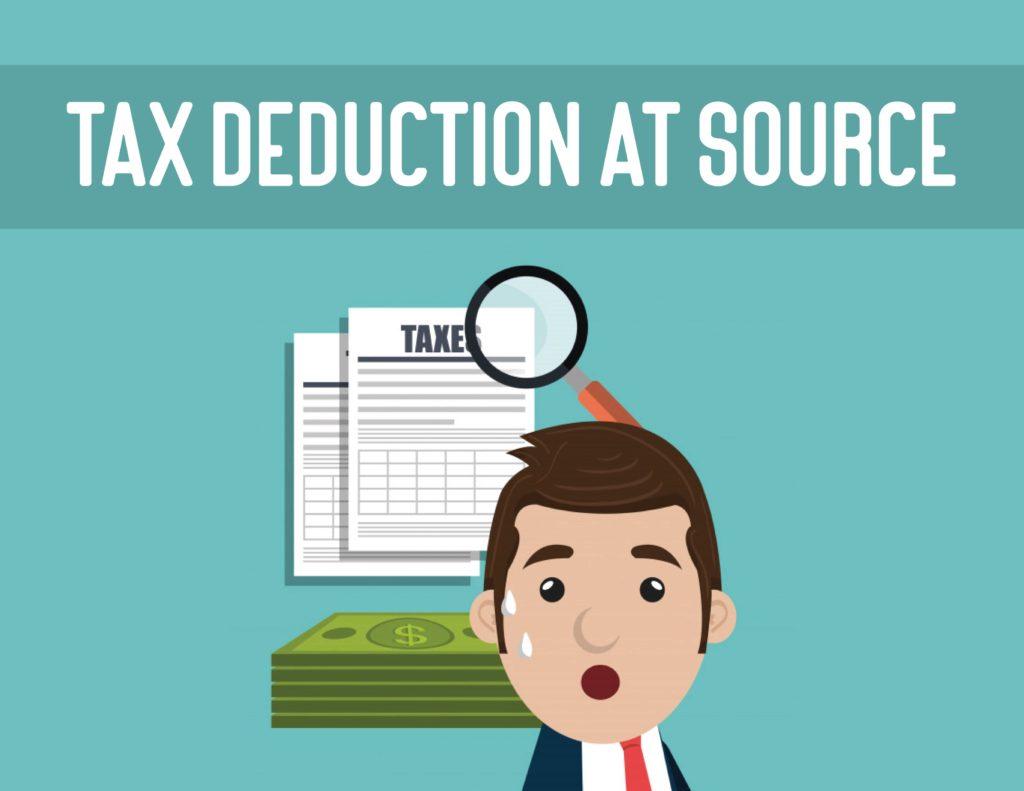The Income-Tax Act casts responsibility on the employer for tax deduction at source (TDS) at the time of payment of salary to employees whose salary income is above the maximum amount not chargeable to tax. The employer is required to deduct TDS on salary at the average rate of income-tax and deposit the same with the government within the prescribed time. The employer is also required to file withholding tax returns and issue TDS certificate to the employee.
Various penalties are levied on the employer in case of default, making the entire procedure equally painful for your employer.
So, you must have started realising that the grass on the other side is not as green as you thought. Though, from the above it is understood that TDS is solely the obligation of the employer but, if as an employee you are aware that there is a TDS default, then you may be held responsible too. If your total income exceeds the maximum amount not chargeable to tax and no TDS is being deducted by the employer, then you are under an obligation to pay tax through the advance tax route.
You should estimate your total income for the year that could comprise of salary, house property, interest income etc. Relevant deductions applicable to each source of income, on account of eligible investments, interest on housing loans, etc., can be considered to calculate the taxable income. On this amount, you should calculate the tax payable as per the applicable tax rates.
Having arrived at the gross tax liability, reduce the amount of TDS suffered/ likely to be suffered on the above income. If the balance tax payable exceeds Rs 5,000, you will be required to comply with the advance tax provisions. The entire amount becomes payable as advance tax in three installments on or before September 15th, December 15th and March 15th, during the financial year. In case you miss the advance tax installments, taxes can also be deposited by way of self-assessment tax post April 1 (after the end of financial year). In case the employer has defaulted in TDS, it would be your responsibility to deposit taxes by way of advance tax/ self-assessment tax as ultimately, taxes are to be deposited on your income.
Failure to deposit taxes could lead to concealment of income on your part, resulting in penalty to be paid by you equivalent to 100-300% of the tax amount not deposited. Further, there are interest implications as well , but there are judicial precedents which indicate that if taxes were required to be deposited by way of TDS and have not been done, the recipient of income is not required to pay interest.
Going forward, before you plan your month-end celebrations, just glance through your pay stub. Instead of creating a hue and cry over the tax figure, be thankful to your employer for taking care of your taxes and saving you from a lot of hassles.

